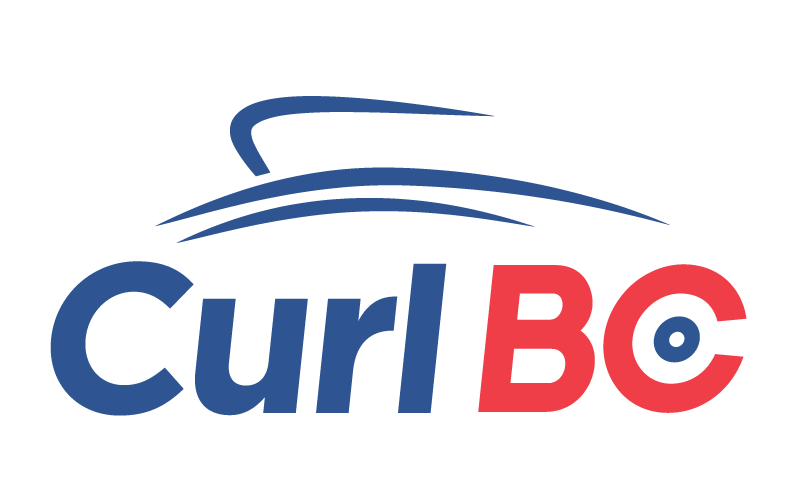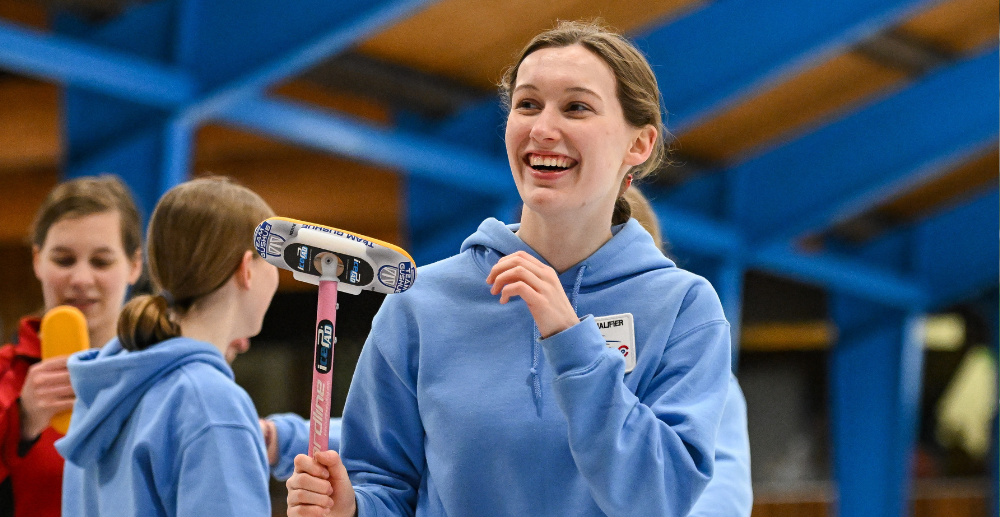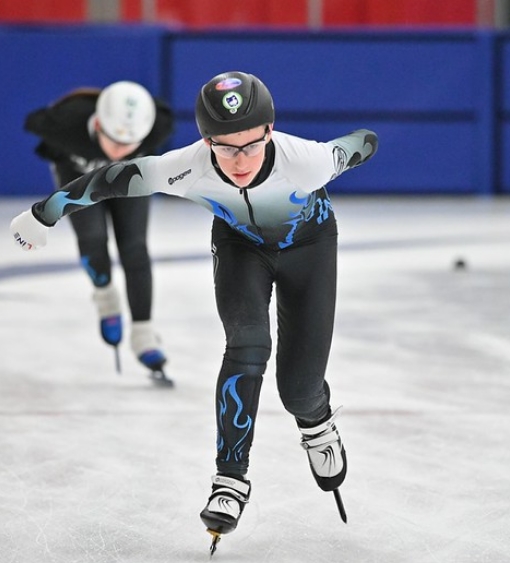BC WINTER GAMES
Curling
Karate made its Games debut at the Tofino 2000 BC Winter Games and has been a staple of the BC Games ever since.
Technical
Package
Technical Packages provide details of the eligibility requirements as well as event and competition information.
Provincial Sport
Organization
PSOs are the governing bodies for sports in B.C. and handle qualification, registration, and competition at the BC Games.
Frequently Asked
Questions
Have a question? We likely have the answer in our Frequently Asked Questions.
Participant
Information
Learn about qualification, registration, transportation, accommodation, food, and more.
Did You Know?
Curl BC is the Provincial Sport Organization responsible for the development of the sport in British Columbia and represents over 25,000 curlers.
Curling at the BC Games
Curling athletes at the BC Winter Games are 11-16 years old and are in the Training to Train phase of athlete development. Club teams in each zone compete for the right to represent their zone at the Games and square off against the best in the province.
History
The game of curling dates back over 500 years with evidence of people sliding stones on frozen ponds or lochs in Scotland. The game came to Canada in 1759 and has become very popular with over 1000 active curling centres in communities across the country. Canadian curlers are successful and well-respected in international competition, with Canadian teams having won the majority of the world championship events. Curling was a demonstration sport at four Olympic Winter Games before becoming a full medal sport in 1998.
Format
Curling is played by two teams of four players on a rectangular sheet of ice. Teams take turns delivering stones towards the target or “house”. The players are identified as lead, second, third, and skip, which determines the order in which they deliver the stones. Sweepers accompany each stone down the ice to help direct its final placement. An “end” is complete after 16 stones have been delivered. One point is scored for each stone that is closer to the centre of the target (button) than any stone belonging to the other team. A game consists of 10 ends with extra ends added in the event of a tie.
Notable Alumni
Notable BC Games alumni include 2014 BC Winter Games W.R. Bennett Award winner, Tyler Tardi, who went on to win bronze at the 2015 Canada Winter Games and represented Canada at the 2016 Youth Olympic Games.
Photography
Visit the BC Games Flickr account to view more photos of Karate from the Games.


